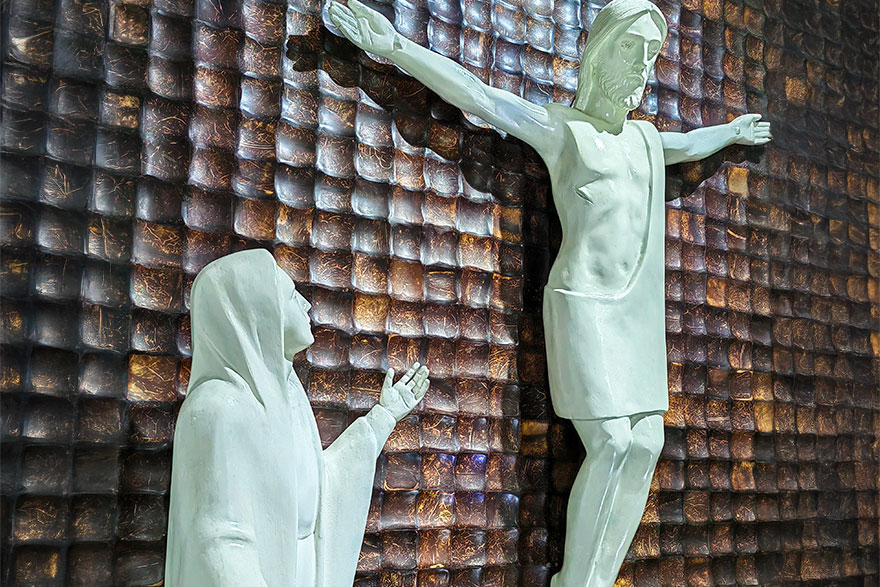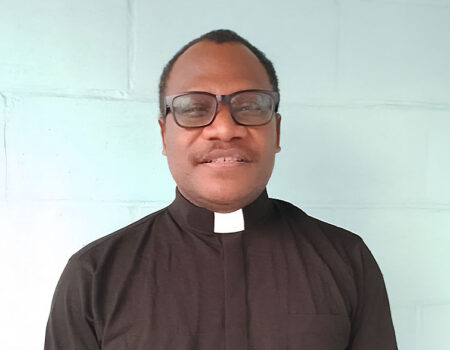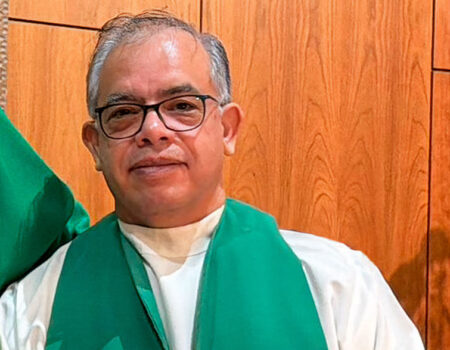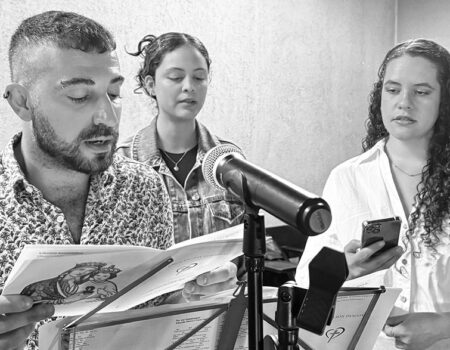He loved us.. with a human heart
Friday June 27, 2025

Remembering Francis, and as this is the month of the Sacred Heart, we offer you a reflection on his fourth and final encyclical, ‘Dilexit nos’, and its relationship with the Spirituality of the Heart of our MSC charism.
With ‘Dilexit nos’, Francis continues his proposal of love for the earth and life, already expressed in the encyclicals ‘Laudato sí’ and ‘Fratelli tutti’. This new encyclical is a comprehensive explanation of the human and divine love that God shows us, which we define as the ‘Sacred Heart of Jesus’, something that, for us, members of a Congregation dedicated to this devotion, is an event that we cannot fail to celebrate and highlight.
God loves with a human heart. As the Pope suggests, we can emphasise that when we speak of the Sacred Heart of Jesus, we are not talking about just another devotion, much less something outdated, belonging to a bygone era. A couple of centuries ago, there was indeed an extraordinary flowering of this title, adopted by many believers who wanted to live their faith or their special consecration under the protection of this definition, whose evolution is very well described in the encyclical. However, it also reminds us of its biblical origins and its profound theological interpretations, as well as the mystical development it has undergone in saints devoted to it and in the magisterium of the Church, which has consistently proposed it as a current of interior life and exterior action. Thus, the task of updating the term Heart of Jesus brings us back to the essence of the Gospel and of Revelation itself. For it reveals to us the very centre of God, who is Love, and that to know and experience him, we must love and do so in the same way that God loves us in Jesus Christ.
To recover the authentic meaning of what it means that God loves us with a heart that is both human and divine is to respond to the needs of a humanity as needy as those whom Jesus saw as lost, ‘like sheep without a shepherd’.
The relationship with his Mother. To update this devotion means taking a leap into spirituality, as did the founder of the Missionaries of the Sacred Heart, Fr. Julio Chevalier, who, concerned with responding to the physical and material needs of 19th-century society, proposed the Mother of the Lord as a model to imitate. He did not speak of devotion to the heart of Mary, but explained the special bond that existed between Mother and Son, from his conception to his death and resurrection. This bond united them both physically and spiritually, in heart, mind and action, making Mary not only the Mother and Teacher of her Son, but also his first disciple. To this end, he invited us to contemplate Mary as ‘Our Lady of the Sacred Heart’, the holder and model of the relationship with that Love of God, expressed in an image in which only the Heart of Jesus appears, since Mary’s heart is also contained within it. And with a gesture on the part of the child that encourages those who look at the image to feel invited to reproduce the same thing in their lives: to merge into a communion of love and mission. The love that God pours out on us and that we, in turn, must bring to others in the evangelising mission entrusted to us by the Lord. A mission of service, healing, reparation and universal sacrifice, always for the benefit of suffering and needy humanity, which Fr. Chevalier carried out with the help of Our Lady and through various religious congregations and lay movements. Today, we can continue to discover and spread not just another devotion, but the Spirituality of the Heart —a relationship of love and service for the good of all those in need, whether they are victims of poverty, marginalisation, or hatred, nourished from the Heart of God.
_
This bond (Mother and Son) united them both physically and spiritually, in heart, mind and action, making Mary not only the Mother and Teacher of her Son, but also his first disciple.
In the footsteps of Father Chevalier. Following our founder, the Missionaries of the Sacred Heart want to live the spirituality that emerges from a particular passage in the Gospel. It is the passage in which St. John describes how blood and water flowed from the pierced heart of Our Lord on the cross (Jn 19:31-37). Father Chevalier was greatly motivated by this image of Jesus Christ, who even after his death continues to give himself to those who martyred him. There is no response of complaint or vengeance in Jesus, just as there was none in his life when he received insults, but rather a gift of himself that will continue throughout the centuries. For the Jews of that time, blood was the receptacle of life, and water was the indispensable nourishment for sustaining it. It is a beautiful metaphor for understanding that in this detail highlighted by the evangelist, there is much more than the simple statement that he was dead.
Father Chevalier understood this and invited us, his children, to realise it too. That is why we focus on this passage and transcend it to attain a spirituality that, in turn, transcends simple religion. People can become attached to a faith that is nothing more than the fulfilment of rules and precepts that impose few obligations and commit them to almost nothing. But the word and witness of Our Lord want to take us to a level that is far above mere fulfilment. Specifically, to merge with Jesus Christ in an embrace of intimacy, service, vital commitment and love with God the Father (Jn 17:11-26).
Surely this is how his mother Mary and his disciple John felt, both witnesses of the event and committed to bringing the fruit of that contemplation to all the other followers of the Lord, who, seeing him risen, came to understand that they had to preach not only words they had heard but a testimony offered until their last breath, in accordance with Jesus’ manifest purpose of serving and giving his life. And that is where the MSC’s ideal of service, dedication and love that transcends any reality springs from.
From devotion to spirituality. It is not just a matter of being good people, faithful believers, faithful observers of the commandments or seekers of a deserved heavenly reward. No. Jesus Christ has touched our hearts, and that is why we seek to feel and experience what his life and dedication were like, rather than just reasoning about what he proposes to us. This is a task reserved for those who see beyond religious observance and take the leap into the dimension of the Heart, that Heart of the Lord, open and devoted so that we may find in it the same shelter and comfort as well as the life and energy to act according to God’s plan.
And so we delve into the essence of the spirituality that is presented to us, focused on accepting and practising the will of God. The same will that inspired Jesus Christ and led him to dedicate himself to the needs of a suffering and oppressed humanity. This is the same will that should encourage us to set aside the ego of comfort and commit ourselves to a lifestyle akin to that of our Master. This gave rise to Fr. Chevalier’s vocation and his desire to unite priests, religious, and laypeople in a common mission that seeks, like Jesus, to transform the world according to God’s plan, through service and total dedication.
Our moment. It is the Spirituality of the Heart, born from the Heart of the crucified one and replicated in us who, like Mary and John, are witnesses and want to bring the greatness of this message to the whole world. That is why Chevalier’s motto was: ‘May the Sacred Heart of Jesus be loved everywhere’, or in today’s words: ‘May everyone discover and share the Love of God’. This is our spirituality, and it is also our commitment to a society in need of understanding that God has loved it first and awaits our response (1 Jn 4:10-19).
Chema Álvarez, MSC (Spain)





